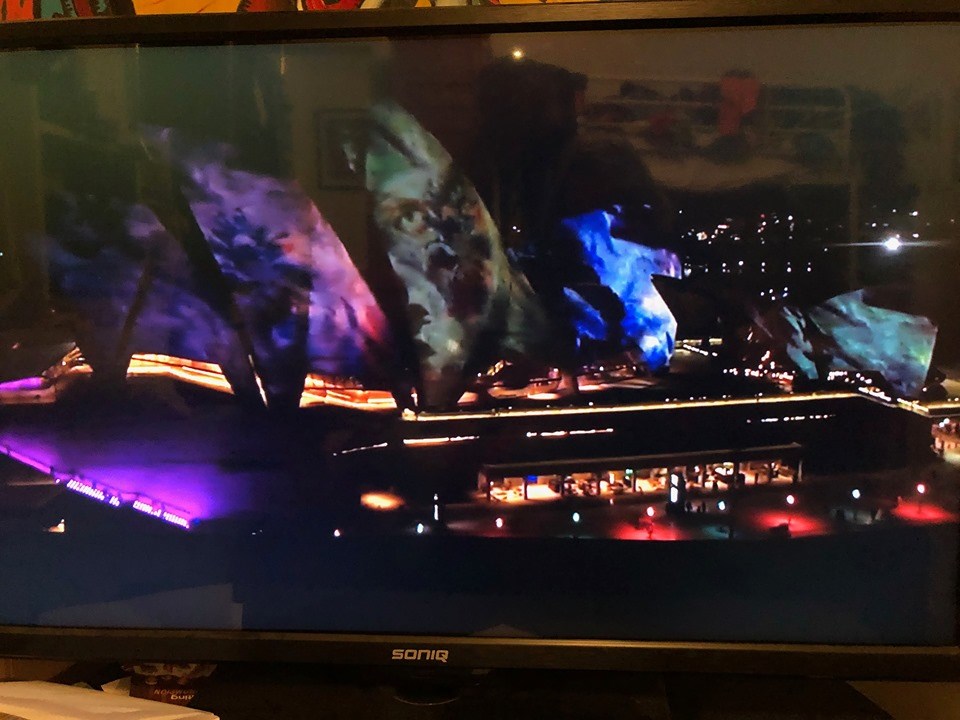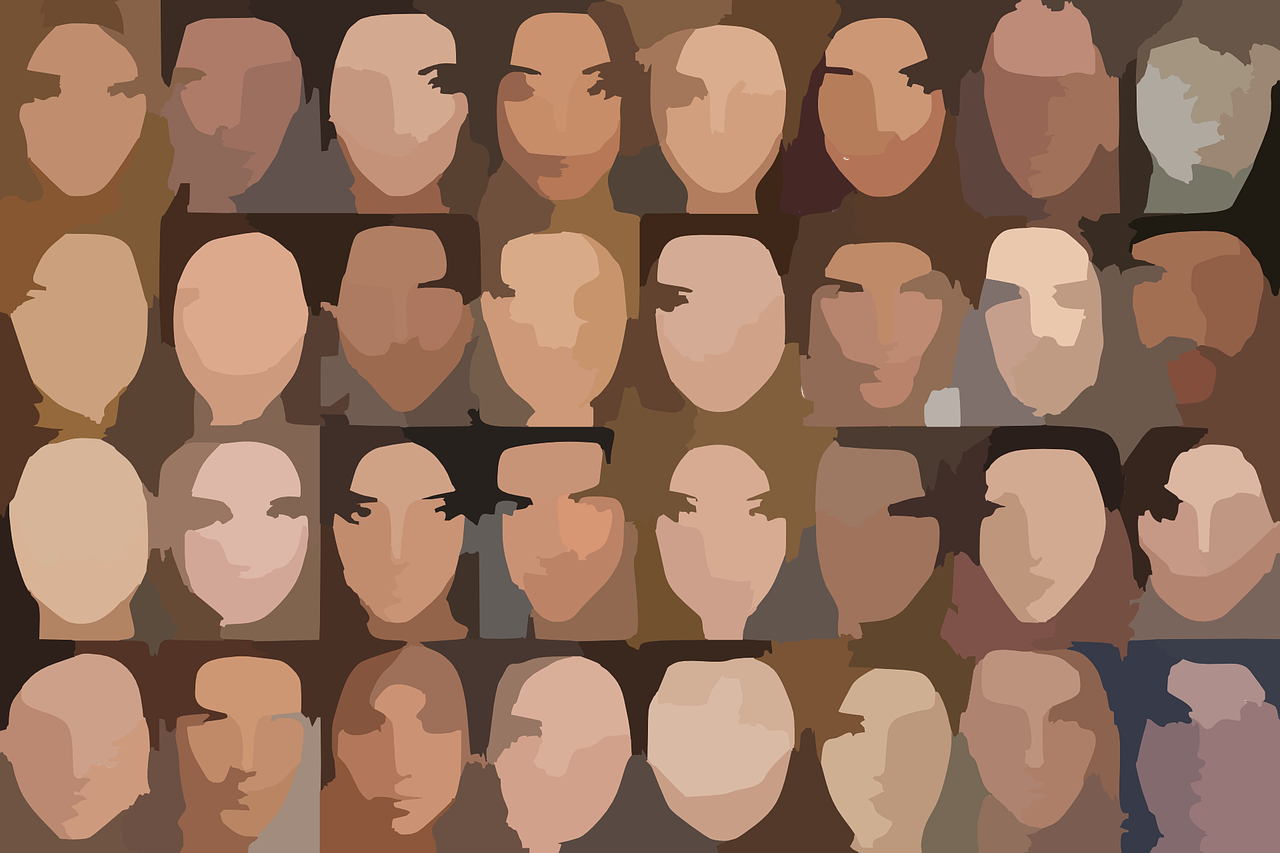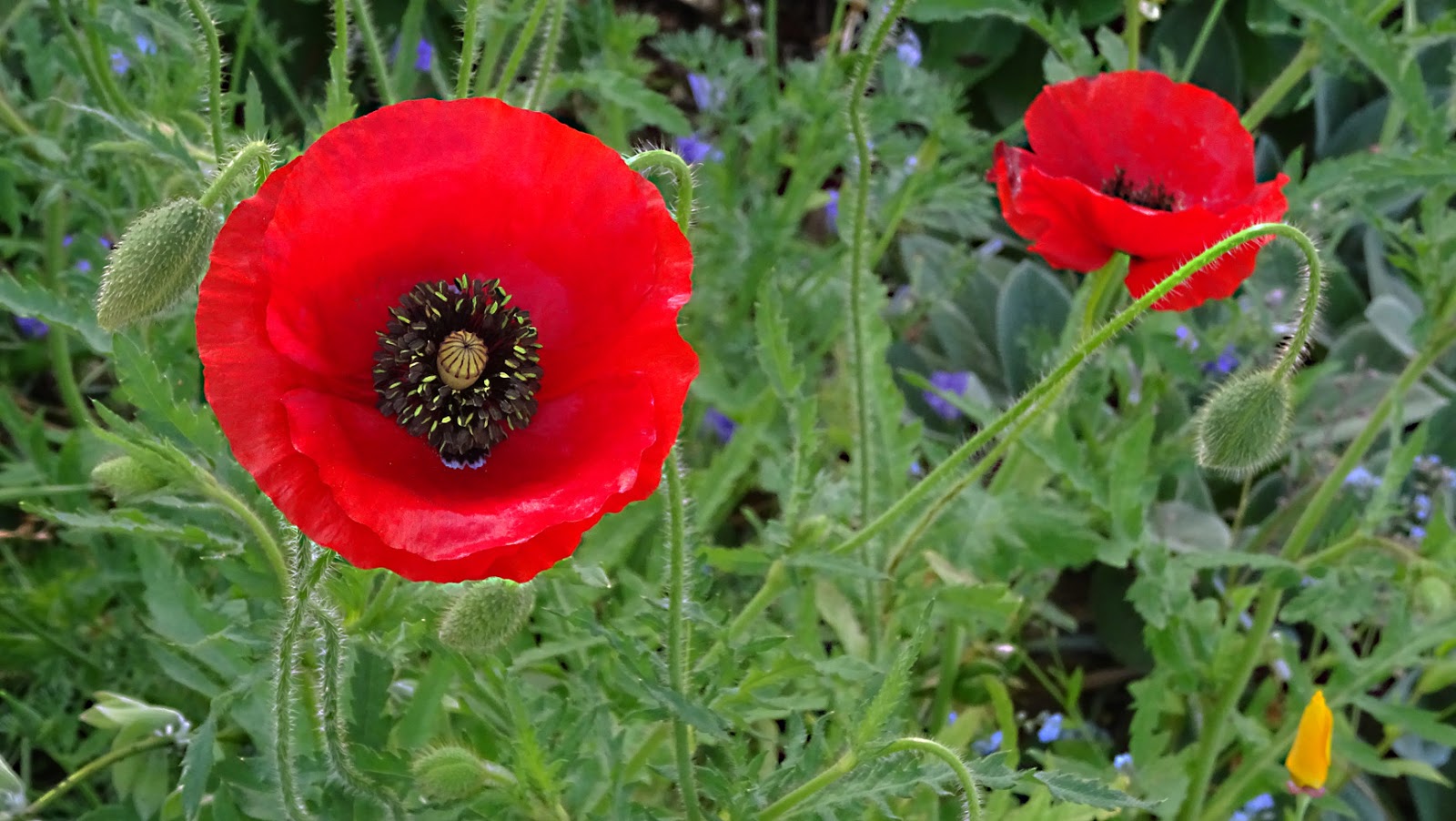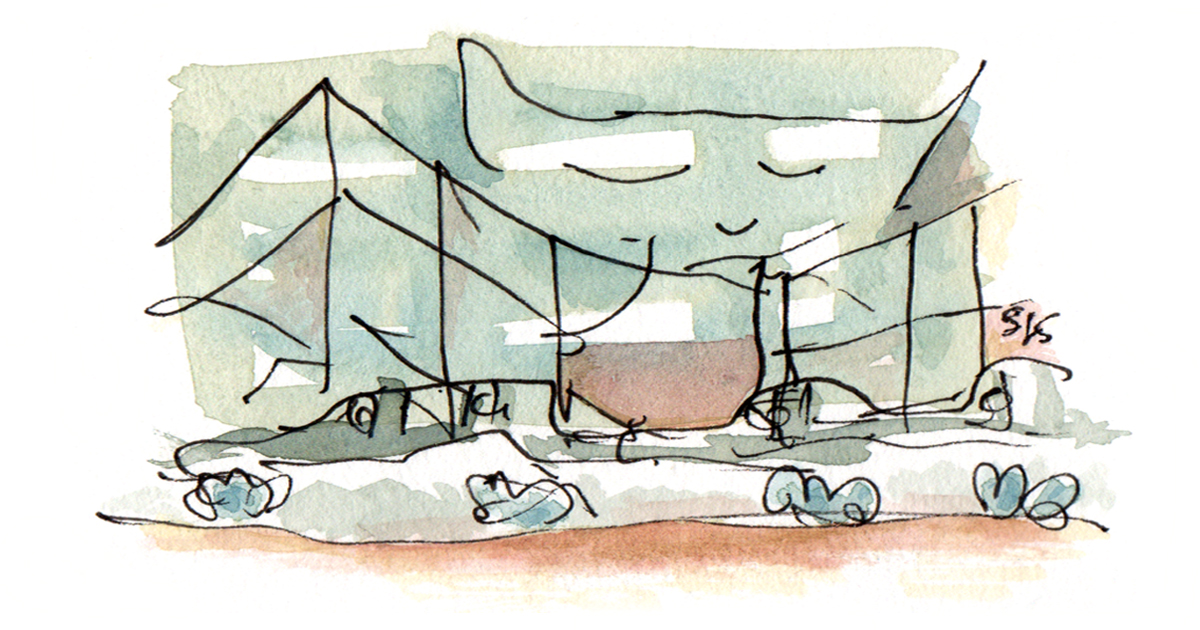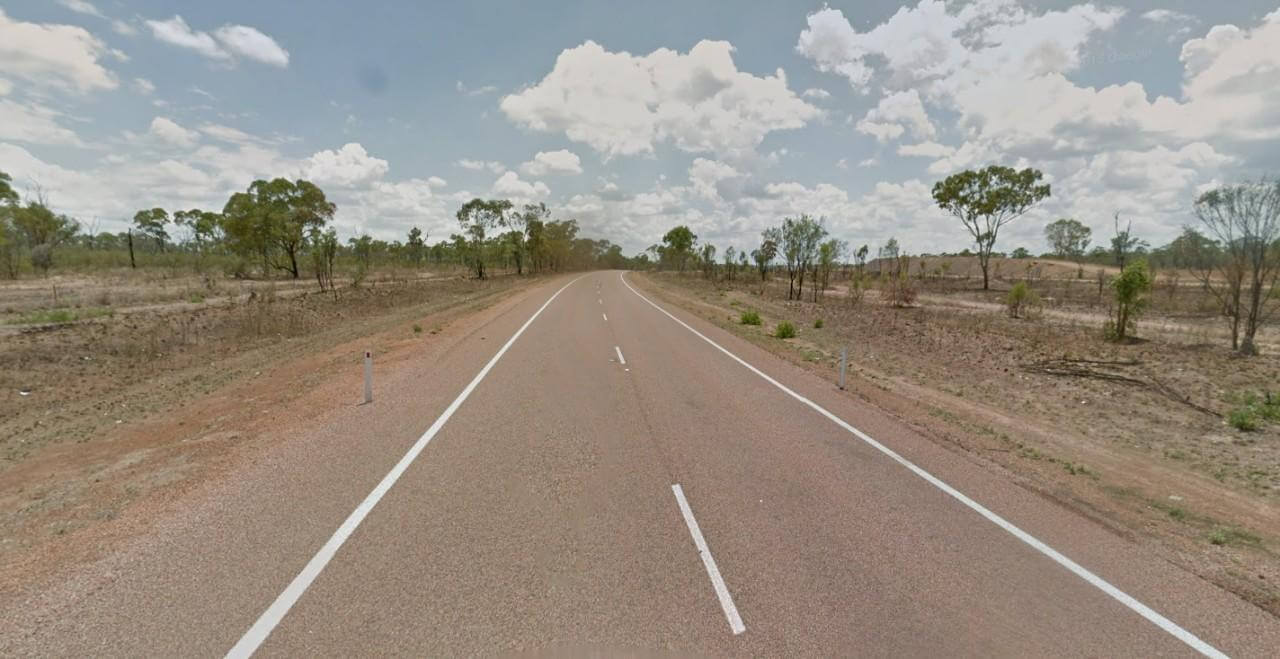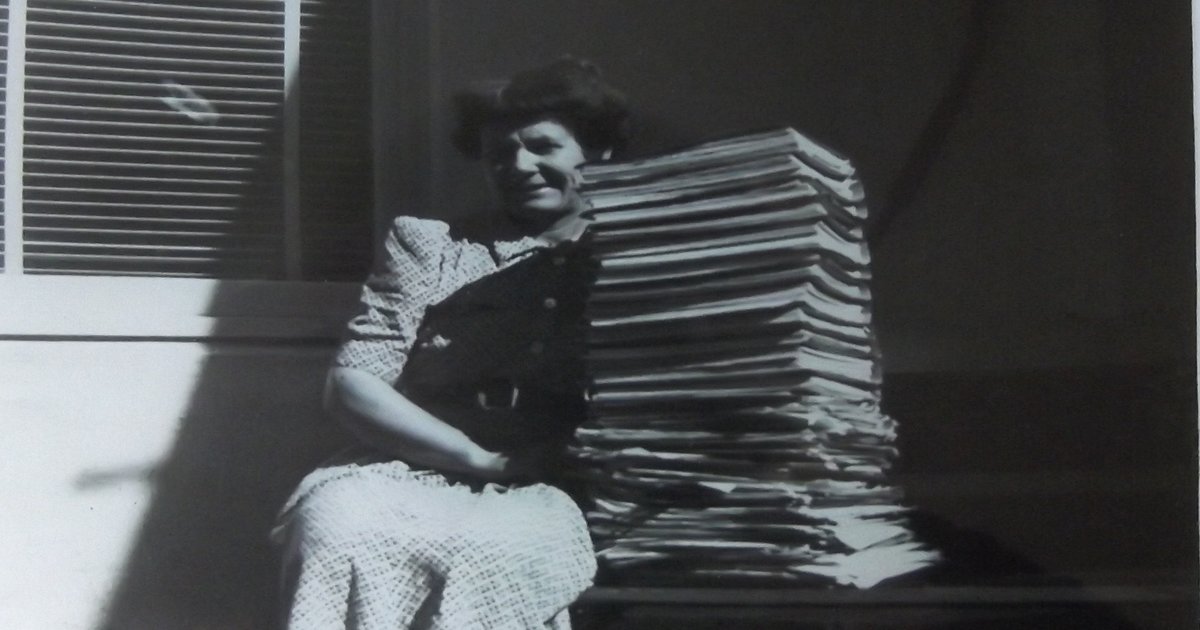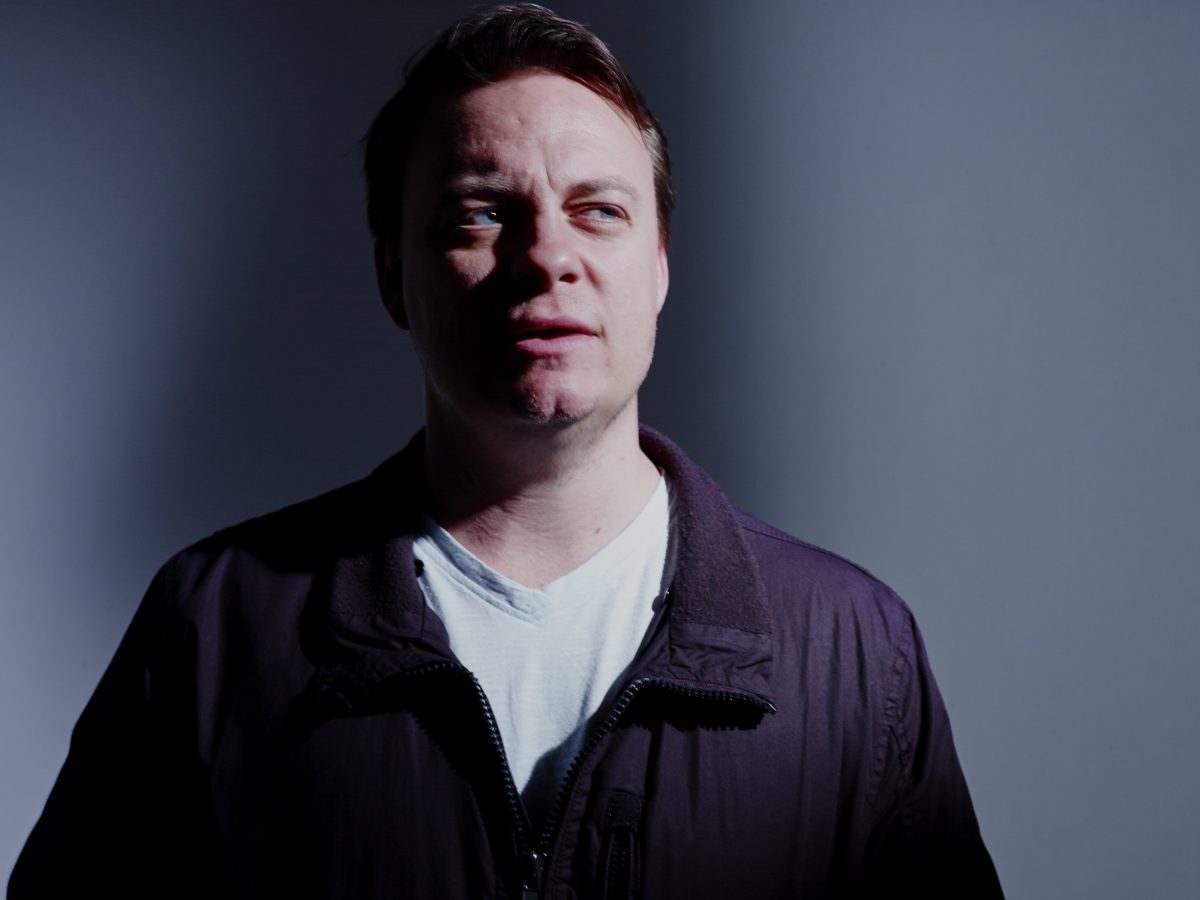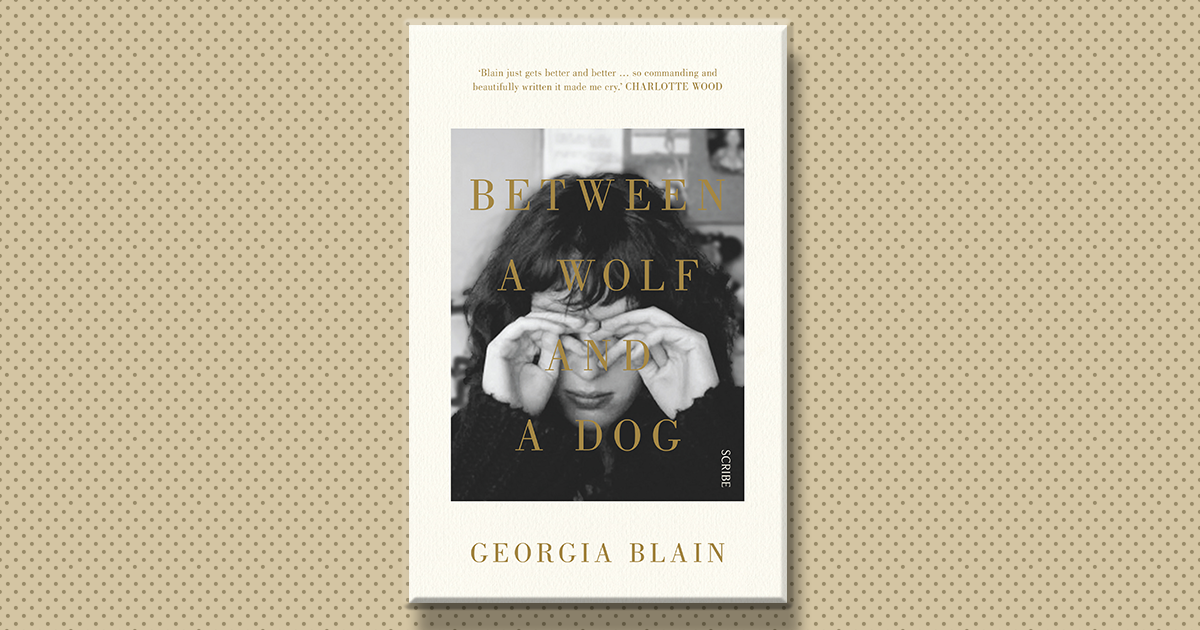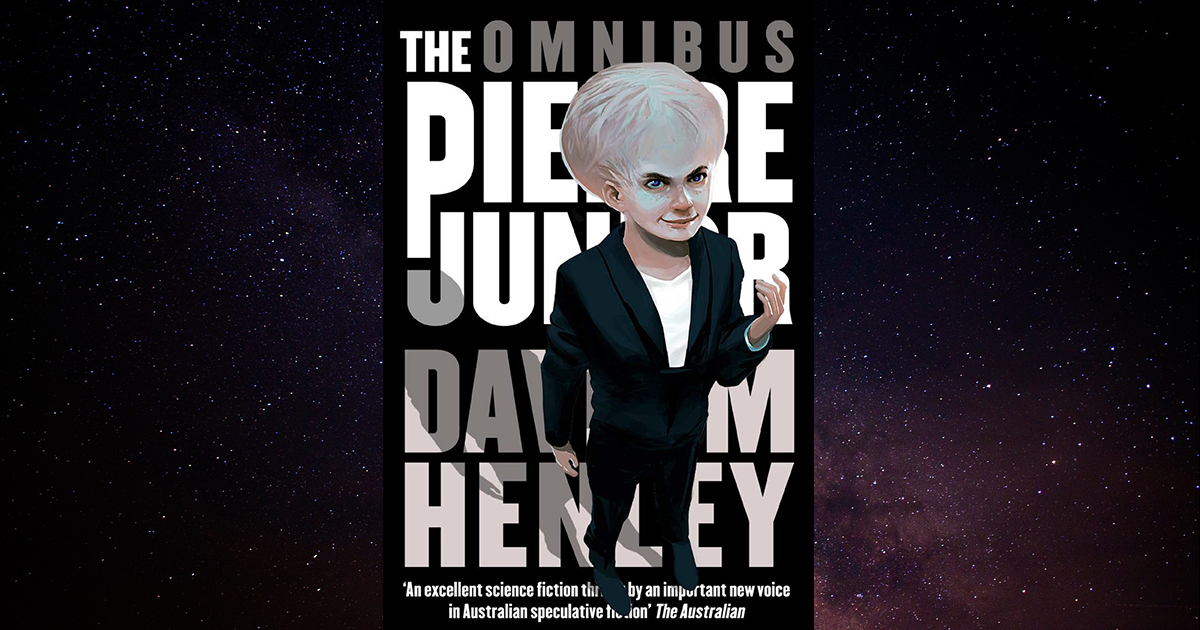Surveillance . . . paranoia . . . telekinesis . . . and an eight-year-old psionic messiah who will either save or destroy humanity. [podbean resource=”episode=n839f-9ada39″ type=”audio-rectangle” height=”100″ skin=”1″ btn-skin=”103″ share=”1″ fonts=”Helvetica” auto=”1″ download=”0″ rtl=”0″] When readers are asked what they love to read, science-fiction comes up second place, with crime being the number one choice. But as a writer, to get your book into the bookstore doesn’t seem to reflect this preference. Sales do not reflect it. And now, arguably more than ever, Hollywood loves the blockbuster sci-fi for its visual spectacularity. Writer David M Henley discusses this predicament…
… read more
